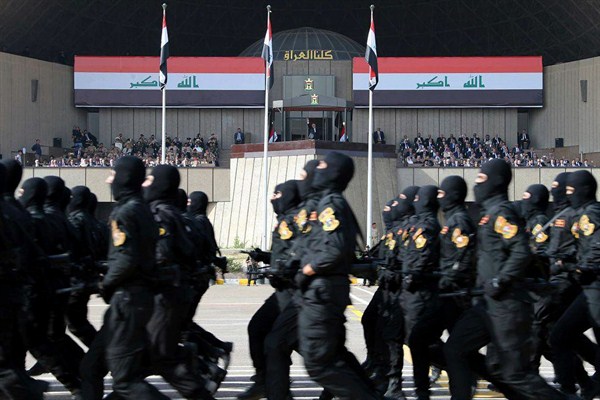The defeat in Mosul of the so-called Islamic State was supposed to be good news for Iraq. But challenges that remain—ranging from Shiite militias’ new role and Sunni Iraqis’ enduring mistrust of each other and Baghdad, to the lack of state capacity to restore basic services—mean that Mosul’s nightmare will just continue. For some modest signs of constructive political change that is happening in Iraq, we need to look deeper, at local and regional developments.
The recapture of Mosul on July 10 by Iraqi forces, with the help of Shiite and Kurdish militia, was supposed to usher in a new period of hope for restoring the Iraqi state and some semblance of domestic peace. The defeat of the Islamic State from control of Iraqi territory, while not complete, is indeed a major step forward. But it is abundantly clear that a whole new set of daunting challenges now confronts Iraq’s leaders.
The physical destruction of the city—during the long and brutal occupation by the Islamic State, which seized Mosul in 2014, as well as from the months-long assault by government forces—means that restoring basic services and infrastructure cannot happen quickly. And the destruction by the Islamic State of the Grand al-Nuri mosque—the 12th-century site where the Islamic State’s leader, Abu Bakr al-Baghdadi, declared his caliphate three years ago—is a permanent loss of culture, historical memory and pride for the ancient city.

